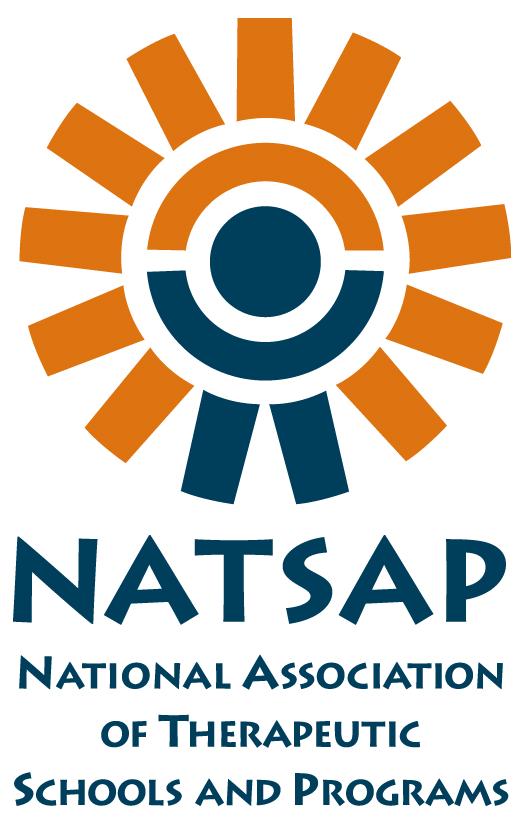Triumph Youth Services utilizes Positive Peer Culture (PPC) to empower young men to be self-confident leaders that can make honest, positive life changes. PPC is ultimately designed to replace a negative culture with a more positive one. Our PPC program is aimed to develop pro-social behavior through the development of a therapeutic community. It is proven that changes in these behaviors promote ongoing and lasting positive change. This therapeutic community promotes a social environment that takes on both therapeutic and healing properties instead of maintaining negative behaviors. Through time peers participating in our PPC program will develop and maintain positive behaviors. Some of these behaviors include:
- Responsibility to oneself, responsibility to the group, and responsibility to authority.
- Effective communication.
- An improved ability to identify personal problems and make more rational decisions.
- Individual members responding positively to the influences of the community.
- Individuals demonstrate social responsibility to the community, and the community assists students by providing reinforcement for pro-social behavior.
- Censure of maladaptive behavior.
- Each member has a sense that he can make a significant positive contribution to their overall peer group.
- A code of conduct that assures a safe environment and promotes pro-social behavior and growth.
- A sense of belonging, self-awareness, a more positive self-image and development of a higher level of concern for oneself and others.
The innermost purpose and aim of Triumph Youth Services Positive Peer Culture program is to develop self-worth, significance, dignity and responsibility in each of our students as they become committed to the positive values of helping and caring for others. Our goal is always to direct teens away from selfishness and conflict and direct them towards developing a character of concern for, and service to, others.
 By participating in PPC groups students learn the basic values of respecting and thoughtfully regarding one another. These values are taught through small but necessary discussion groups (PPC groups). Displays of trust and openness are valued in the group over coercion and punishment with the group leader consistently modeling such behaviors. Students who display difficulty demonstrating such behaviors are viewed as having the potential for strength and overall greatness, but recognized as needing additional support and/or reinforcement.
By participating in PPC groups students learn the basic values of respecting and thoughtfully regarding one another. These values are taught through small but necessary discussion groups (PPC groups). Displays of trust and openness are valued in the group over coercion and punishment with the group leader consistently modeling such behaviors. Students who display difficulty demonstrating such behaviors are viewed as having the potential for strength and overall greatness, but recognized as needing additional support and/or reinforcement.
Adult leadership is crucial to an effective PPC program. Triumph Youth Services staff are trained to confront group members without overpowering or threatening the strong peer connection that is developed. Our staff members are trained and encouraged to be effective leaders by serving as teachers or coaches who hold the PPC groups responsible for working on problems and to act as limit setters and good listeners.
Positive Peer Culture Works!
Youth enter the Triumph Youth Services program blaming others for their problems, not taking any accountability for their actions and living by a no “snitch” code which encourages criminal behavior, manipulation and negative actions behind the scenes. With PPC, youth who come to treatment blaming others for their problems are challenged and confronted by peers. Youth who do not take accountability for their actions are confronted by their peers. Youth who do not hold their peers accountable for negative behaviors/actions are confronted by their peers. Youth who manipulate are confronted by their peers, and youth who participate in inappropriate actions behind the scenes are confronted by their peers. At the same time, youth who continually make positive choices and demonstrate consistent good behavior are spotlighted by their peers, and recognized for their efforts and example.
The open and trusting environment of the PPC program creates the belief that problems can be viewed as opportunities to learn. It focuses on the here and now as opposed to dwelling on the past. Each student is instrumental in the success of PPC. All of these elements increase the likelihood of a positive change in a student’s attitude and overall interpersonal behaviors.
Studies show that Positive Peer Culture reduces recidivism as well as the delinquent values of troubled teenagers while increasing self esteem.








